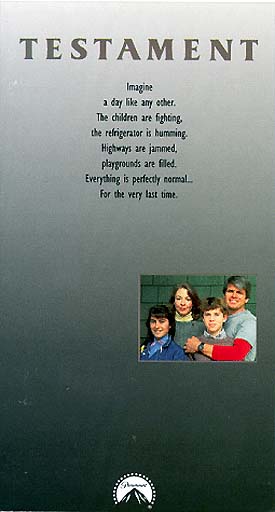

In this film, it has been eleven years since the downfall of arch-criminal and master of disguise Dr. Lang may very well be known more for his silent film masterpiece Metropolis, but when one considers the newness of audio technology in 1933 it's hard not to be in awe of this film. Mabuse is the second installment in Lang's Mabuse series, a series that beautifully utilizes the relatively new technology of sound that had only recently come to light when the film was originally released in 1933. Mabuse, a character obsessed with the destruction of German society, is haunting on its own but downright disturbing when considered in historical context. The film almost eerily seems to foresee this future for the nation, and it's not surprising that it was banned from exhibition in Germany because of the negative ways in which it portrayed a German society that had become overwhelmed by crime, fear and poverty. Mabuse may not necessarily qualify itself as a cinematic masterpiece, the film by Fritz Lang is a historical classic largely because of its timing of having been released on the heels of the Nazi domination of Germany.

One can only hope that those in the know pay close attention to what's going on with Eureka, because their growing collection of magnificent cinematic restoration efforts is nothing short of remarkable. Eureka has assembled a truly masterful package here for their "Masters of Cinema" series, a remarkable effort that somewhat resembles the Criterion Collection that American cinema connoisseurs seem to more embrace. Mabuse is available on Blu-Ray thanks to those incredible folks at London's Eureka Entertainment. For the first time ever, Fritz Lang's 1933 classic The Testament of Dr.


 0 kommentar(er)
0 kommentar(er)
